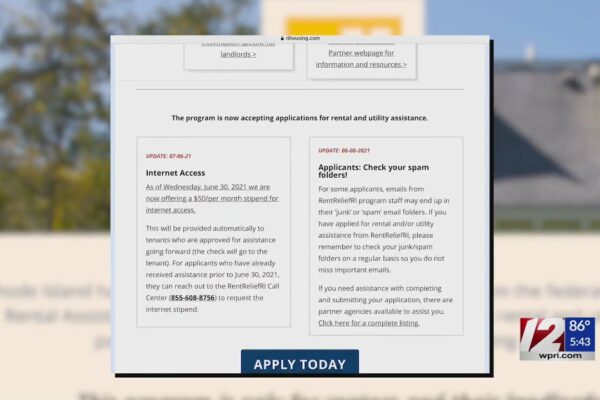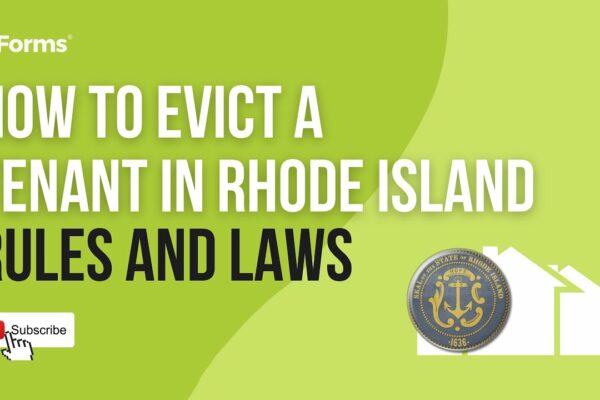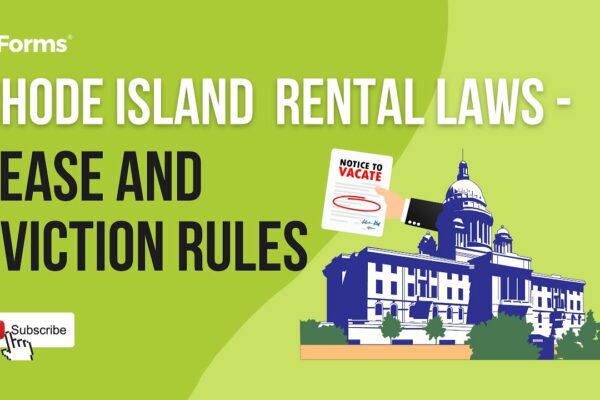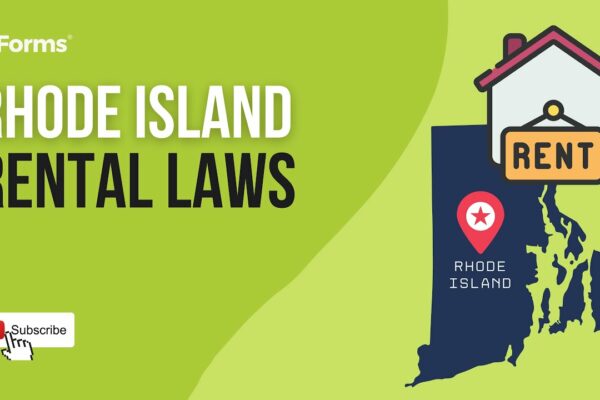
Do renters in Rhode Island typically collect first and last month’s rent?
Renters in Rhode Island typically collect first and last month’s rent as a common practice. This ensures landlords have a financial cushion to cover any potential damages or unpaid rent. By collecting these upfront payments, both parties can establish a sense of security and reduce the risk of financial disputes. Although not mandatory by law, it is customary and advisable for renters to adhere to this practice.








